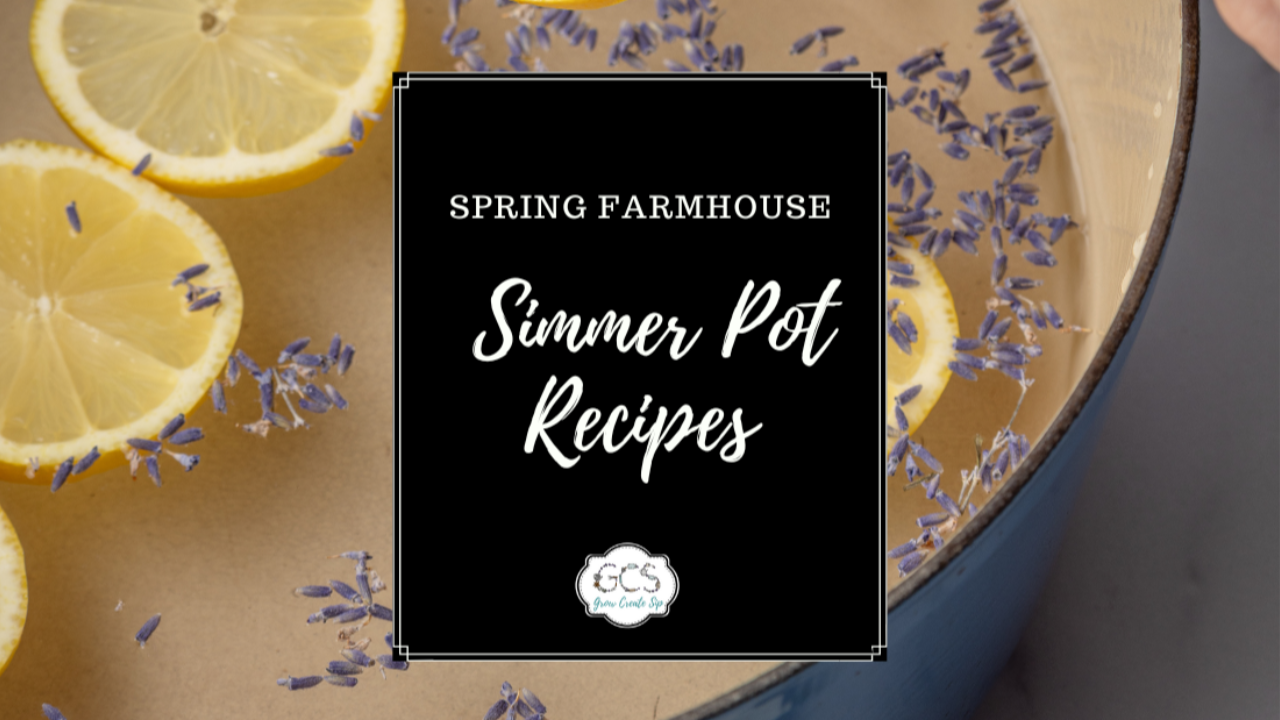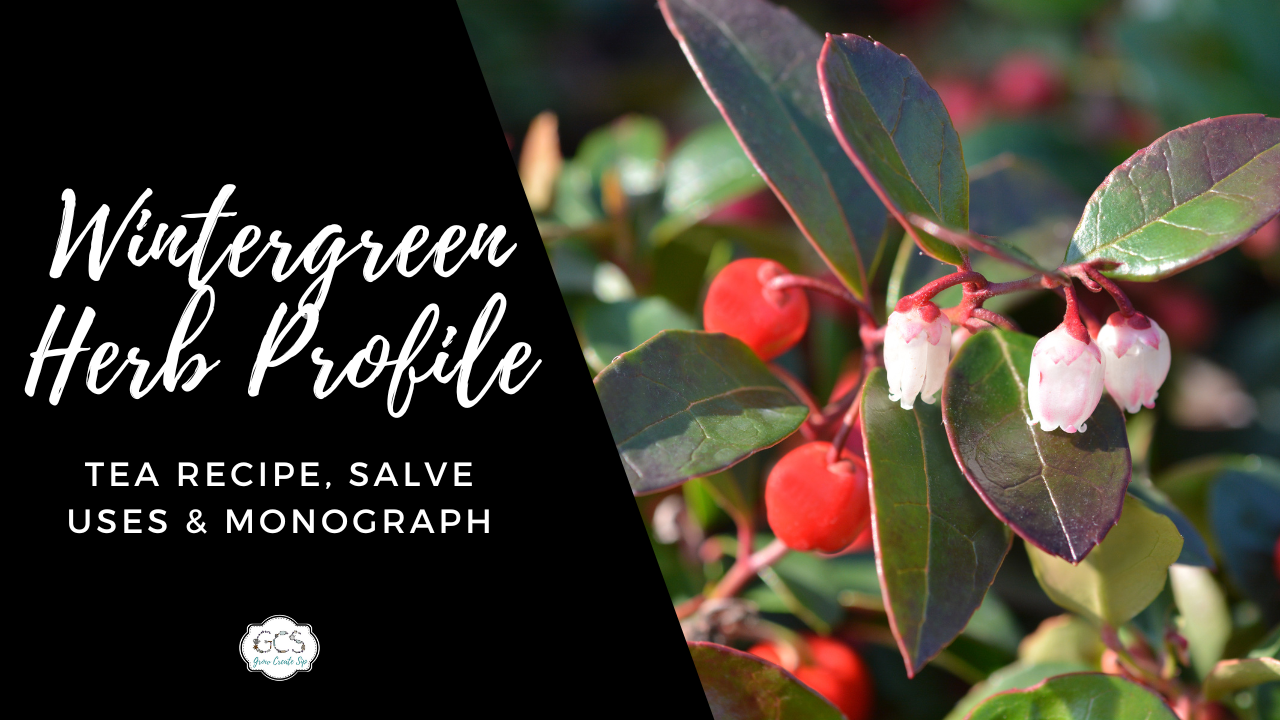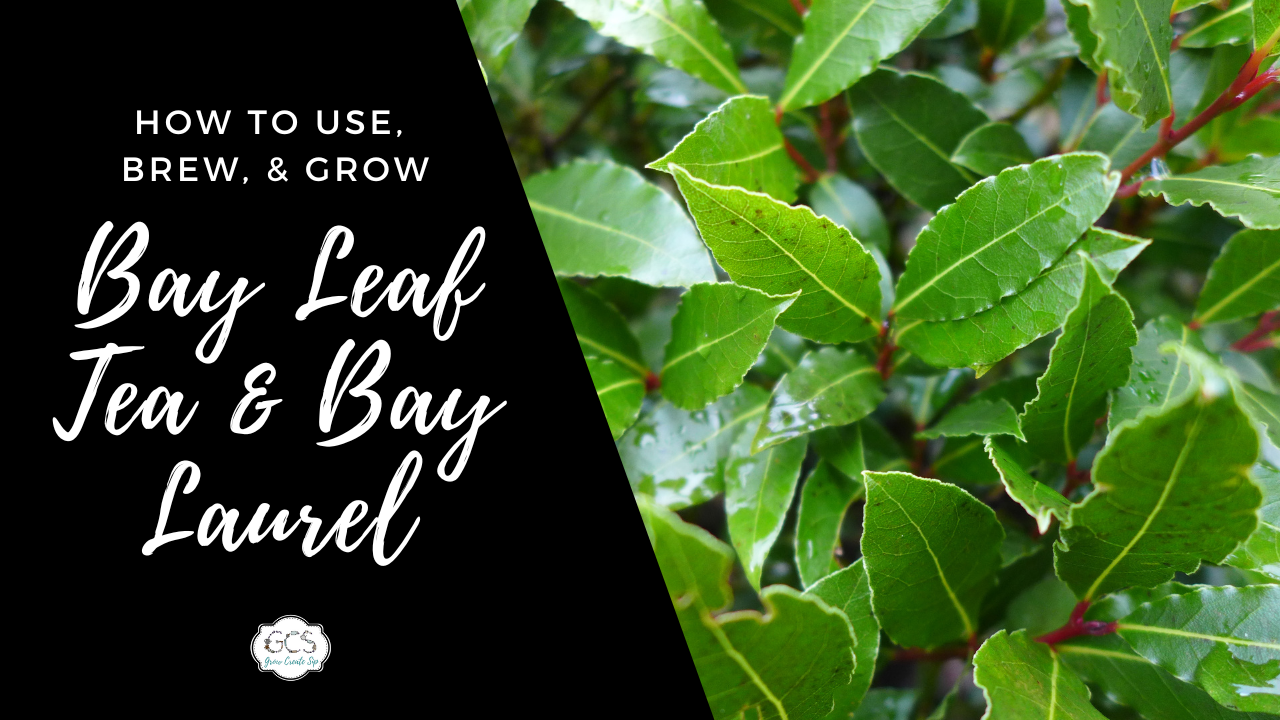Your Questions Answered about Sugar and Kombucha
Jan 30, 2023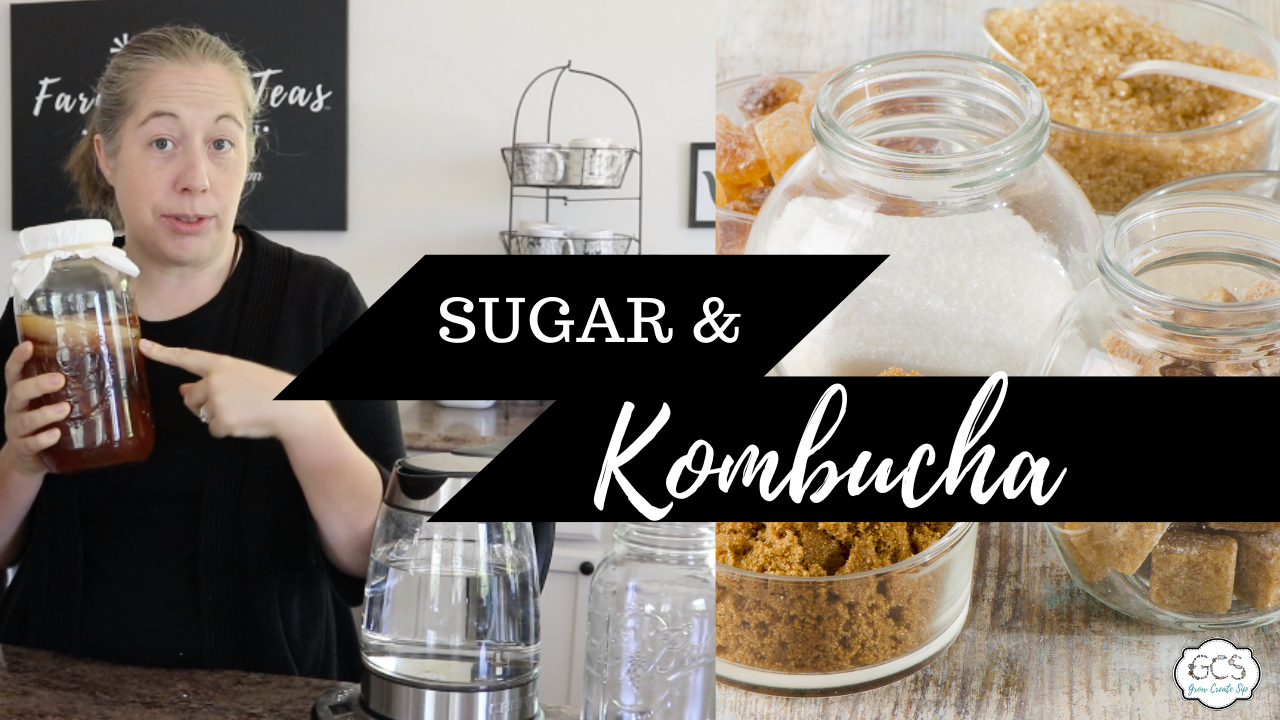
With so many people recognizing the health benefits of kombucha, kombucha is more popular than ever. Many people are realizing just how much more affordable it is to make their own kombucha, along with being able to control the process and ingredients. It is after all, easy to make your own with a starter kit, the desire to learn, and yes, sugar.
That's right, we said the "bad" word—sugar—but it’s not all bad, at least when it comes to making kombucha. Sugar and kombucha go hand in hand, and sugar is, in fact, required to make kombucha. I know I preach, and I preach about the ills of sugar but hang with me. There is always an exception to the rule, and kombucha is one of those. So if you are trying to cut sugar out of your diet, you are diabetic, and wondering if kombucha sugar is for you, or you're looking for sugar alternatives to use in your kombucha you are in the right spot.
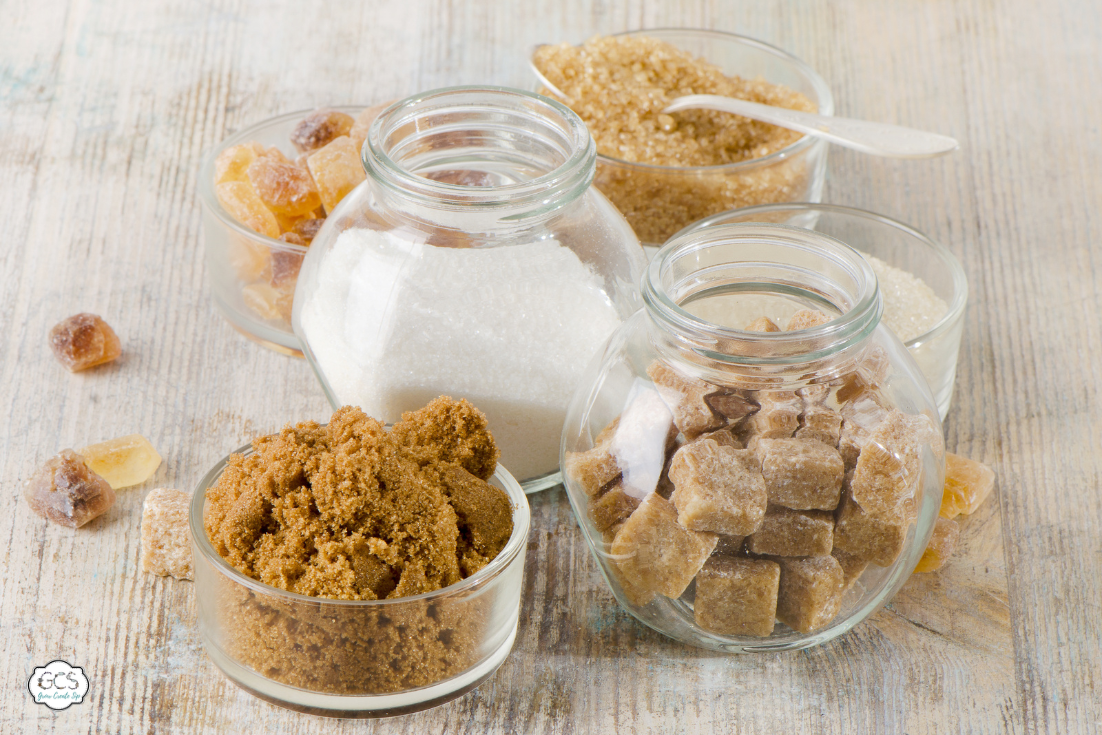
Do I Have to Use Sugar to Make Kombucha?
In short, yes. Without sugar, there is no food for the SCOBY (symbiotic colony of bacteria and yeast), so you cannot make kombucha. Sugar is a vital nutrient, not just to us in reasonable amounts, but also to the kombucha fermentation process. A balanced level of sugar gives cells energy and provides nutrients to the yeast and bacteria contained in the SCOBY and/or pellicle.
You can, however, substitute the type of sugar used. You may also choose to make (almost) sugar-free kombucha by extending the fermentation time. Though be forewarned that skipping out on the sugar can lead to a weak brew over time giving bad bacteria a hands-up and resulting in moldy and possibly dangerous kombucha. We need to remember moderation in all things! The other benefit of having some sugar content in your ferment is that it makes the kombucha more palatable.
The less sugar in the brew the more vinegar flavor you are going to get.
Do not however substitute sugar for sweeteners like stevia or xylitol, it won't work and it will even go moldy. In addition, these sugar substitutes are dangerous, depending on the brand, many of them are made with sugar alcohols and are not good for you or the kombucha-making process. Yes, I realize that stevia is a plant but most stevia sugar substitutes are mingled with other dangerous sugar substitutes. Stevia is not naturally white, but green and from the mint family.
How Does the Fermentation Affect Sugar Levels?
At the start of the kombucha-making process, you must begin with the required amount of sugar. This is to ensure that the scoby gets enough food to properly develop the kombucha. The sugar reduction at the start of fermentation is slow.
However, by increasing the duration of the kombucha fermentation period, the sugar content continually decreases.
- Between days 3 and 8 the process the ferment using the sugar starts to increase.
- During days 7-14 about 50 to 70 percent of the sugar has been consumed.
- Generally, at the end of a 30-day fermentation period, there is very little sugar remaining, about 80 percent of it having been consumed by the fermentation process.
We could dive deeper into different types of sugars from different types of foods, like sucrose, glucose, and fructose but we will save the sciency details for another time. What is important to know about the sugars that are left in the kombucha after the fermentation process (sucrose, glucose, and fructose) is that they don't have the same glycemic effect on the body as say a white table sugar.
Also, be warned that a longer fermentation can create a more vinegary kombucha. You could experiment with decreasing sugar levels to get the sugar levels where you want them, and still have good-tasting kombucha.
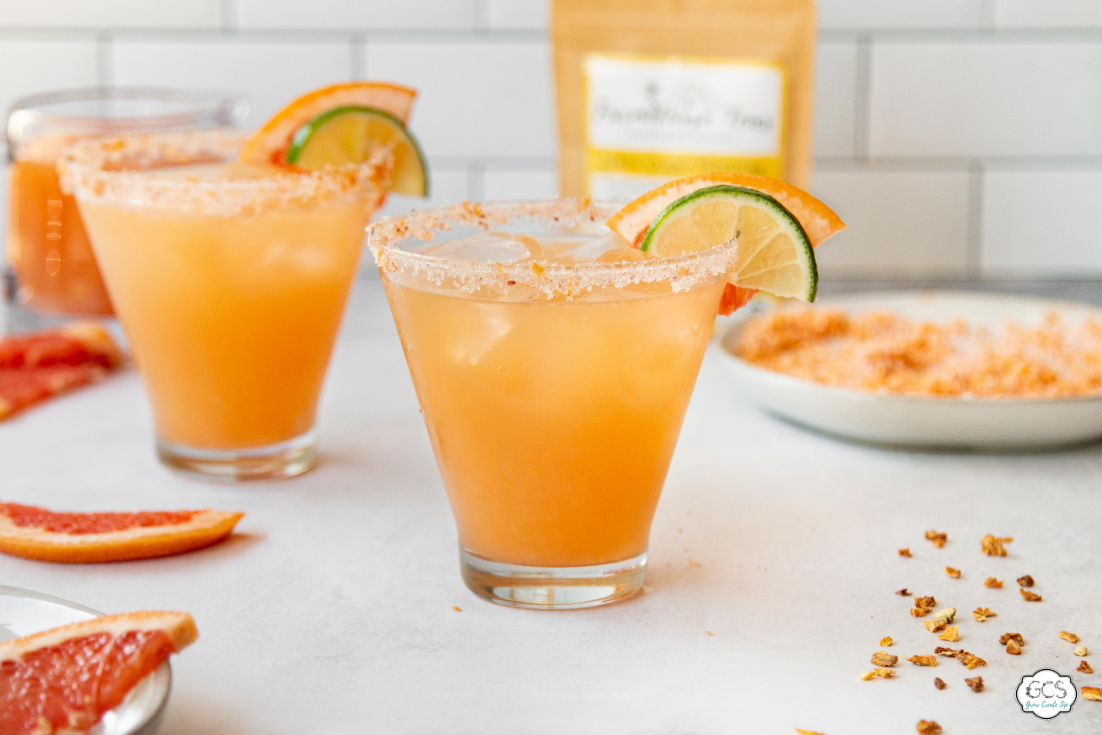
Photo by Kayla Joy Creative
Are There Other Ways to Control Sugar Levels in Homemade Kombucha?
Besides increasing fermentation times, there are several other ways to make low-sugar kombucha. Here are some of the top methods.
Dilute Your Kombucha
If you don't like the extra waiting time or the vinegary result of an increased fermentation time, there is an easier way.
Just before drinking your kombucha, dilute the kombucha with water (bubbly water is nice too!) or your preferred tea. This results in a low-sugar, enjoyable kombucha with half of the sugar content.
Reduce the Initial Sugar Amounts
Without sugar, there is no food for the bacteria and yeast and no fermentation that is required to make kombucha.
It is possible, however, to decrease the initial amount of sugar used by a small amount. If one cup of sugar is called for, you could reduce this amount by 1/4 to make it a 3/4 cup of sugar, but no less than that. I would also recommend that this be done on an experimental ferment, reserving an extra scoby/pellicle and already fermented tea in case mold should show up.
Fermenting at Higher Temperatures
Increase the speed of fermentation of your kombucha by increasing the temperatures. Higher temperatures boost the activity of the yeast, which then consumes the sugar at a faster pace.
Aim for a fermenting temperature of between 80°F and 95°F (27°C and 35°C). Do not exceed 101°F (38°C) or your bacteria and yeast may die and your ferment will be ruined requiring a new SCOBY and new starter tea. This will speed up the fermentation process but sugar levels will remain the same, arriving there at a faster pace.
Use Herbs and infusions for Sweetness
When flavoring your homemade kombucha, choose herbal infusions, herbs, or spices by using flavoring packs like these, for a boost of flavor without the sugar. Use techniques like maceration or infusions but avoid adding juices or syrups, which could add back the sugar content you may want to avoid! While adding whole fruit vs fruit juice will cut down on the amount of sugar the fructose in both is still a healthier option over the white table sugar. Selecting flavor packs that are more herb focused than fruit-focused will also help cut down on the sugars consumed. Don't forget though, cutting sugar also changes the flavor.
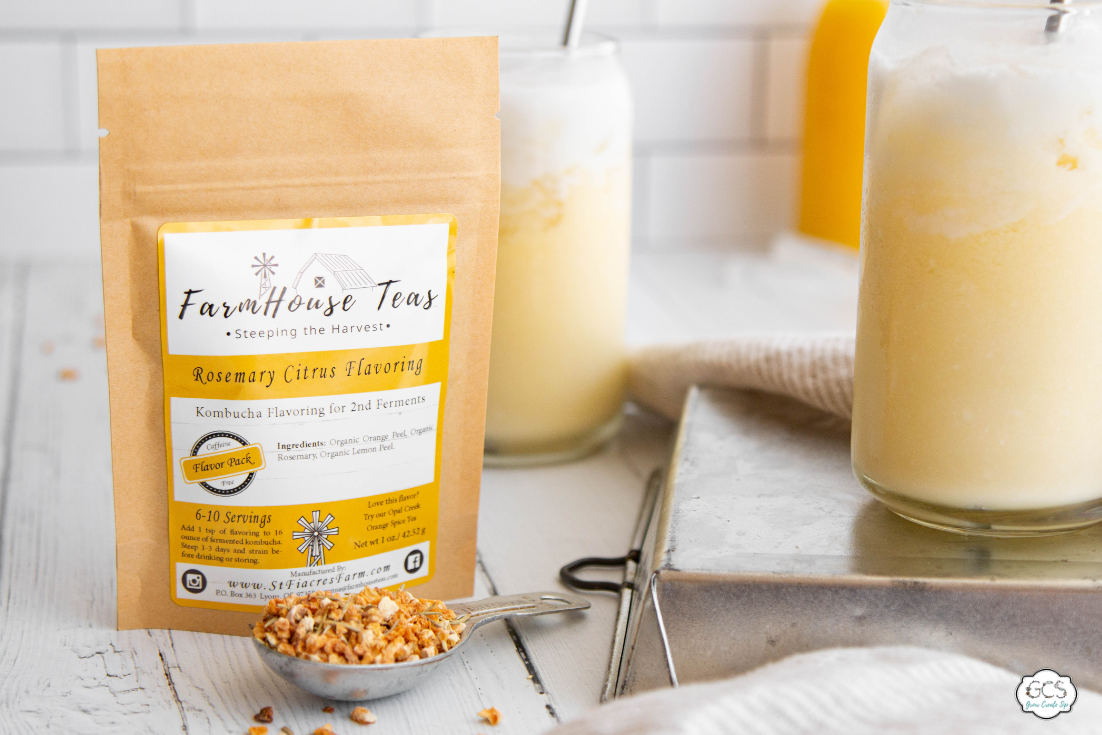
Photo by Kayla Joy Creative
I'm Diabetic. Is There a Way to Make Sugar-Free Kombucha?
Many diabetics enjoy kombucha without it having a large impact on their blood sugar levels. Some even claim that it has helped their overall health. There are a wealth of scientific studies showing promising information that kombucha may, in fact, aid diabetics in their overall health. When comparing other drinks such as fruit juices, sodas, vitamin drinks, and even milk the sugar content of kombucha comes in lower than any of them. Again depending on the flavor, how it is made, and whether it is store-bought or made at home.
This animal study here showed that kombucha did better than black tea on the glycemic index. This is interesting because most kombucha is made with black tea. In my personal experience and scientific deduction that would suggest to me that something happens during the fermentation process to make black tea even better for diabetics than drinking it unfermented. In this study, kombucha tea was a better inhibitor of α-amylase and lipase activities in the plasma and pancreas and a better suppressor of increased blood glucose levels. The kombucha delayed the absorption of the LDL cholesterol and triglycerides (commonly known as bad cholesterol) while showing significant increases in HDL (good cholesterol). The same study showed that kombucha had a good effect on the function of the pancreas as well as helping to protect the liver and kidney function. The study states that these things showed a curative action and that kombucha tea can be considered a candidate in the future as a functional supplement with the goal being to cure diabetes.
Yet if you are still concerned about the effects of sugar, there is a way to make (almost) sugar-free kombucha for diabetics. It involves a much longer fermentation time—up to 50 days instead of the 12 days necessary for regular kombucha. A long fermentation process makes for a more vinegary kombucha, but it is possible to dilute and flavor your (almost) sugar-free kombucha to make it more palatable using the tips above.
How Much Sugar Is in Home-Brewed Kombucha?
An average home ferment has approximately 4-6 grams of sugar per 8 ounces of kombucha and may be as low as 2.5 grams in a longer brew. Remember the duration of the kombucha fermentation period, will decrease the sugar content. Between days 3 and 8 the process the ferment using the sugar starts to increase. During days 7-14 about 50 to 70 percent of the sugar has been consumed. Generally, at the end of a 30-day fermentation period, there is very little sugar remaining, about 80 percent of it having been consumed by the fermentation process.
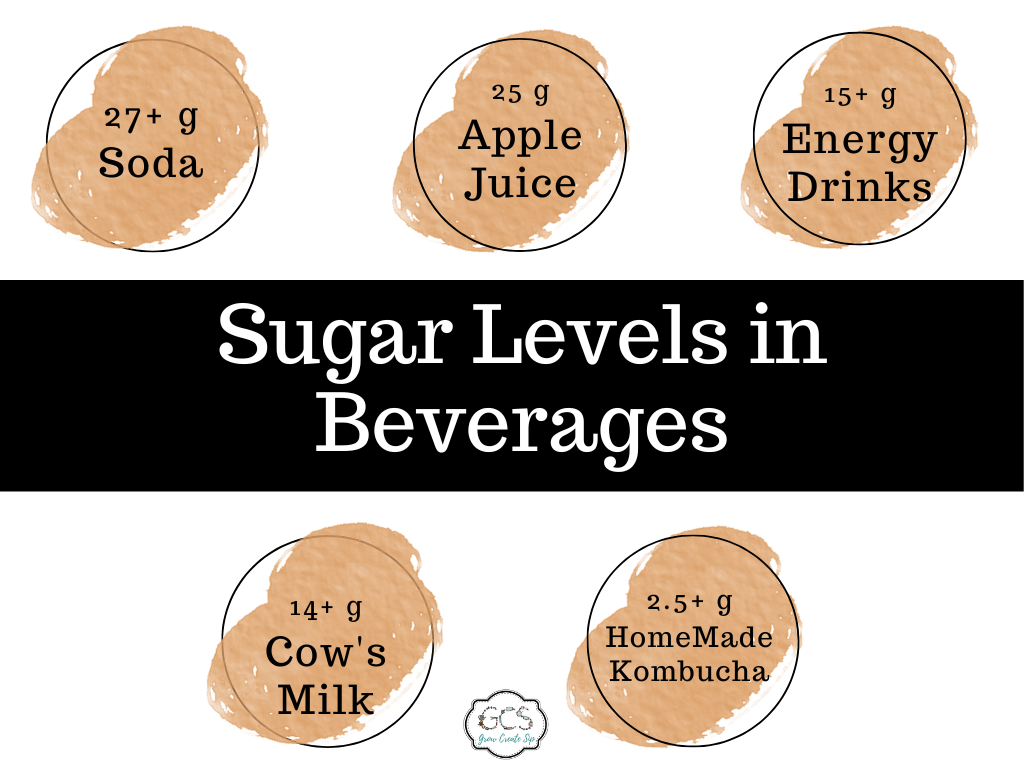
Comparing Kombucha Sugar Content to Other Beverages
When we compare the sugar content of homemade kombucha to that of other beverages, homemade kombucha has less sugar—only 4-6 grams of sugar per 1 cup. Let's compare that to the amount of sugar in other beverages.
Vitamin water: 12g
Coconut water: 14g
Cow's milk: 14g
Chocolate milk: 24g
Orange juice: 21g
Apple juice: 25g
Energy drinks: 15g and more
Sodas: 27g and more
It should be noted that the sugar content in drinks can vary from one brand to the next.
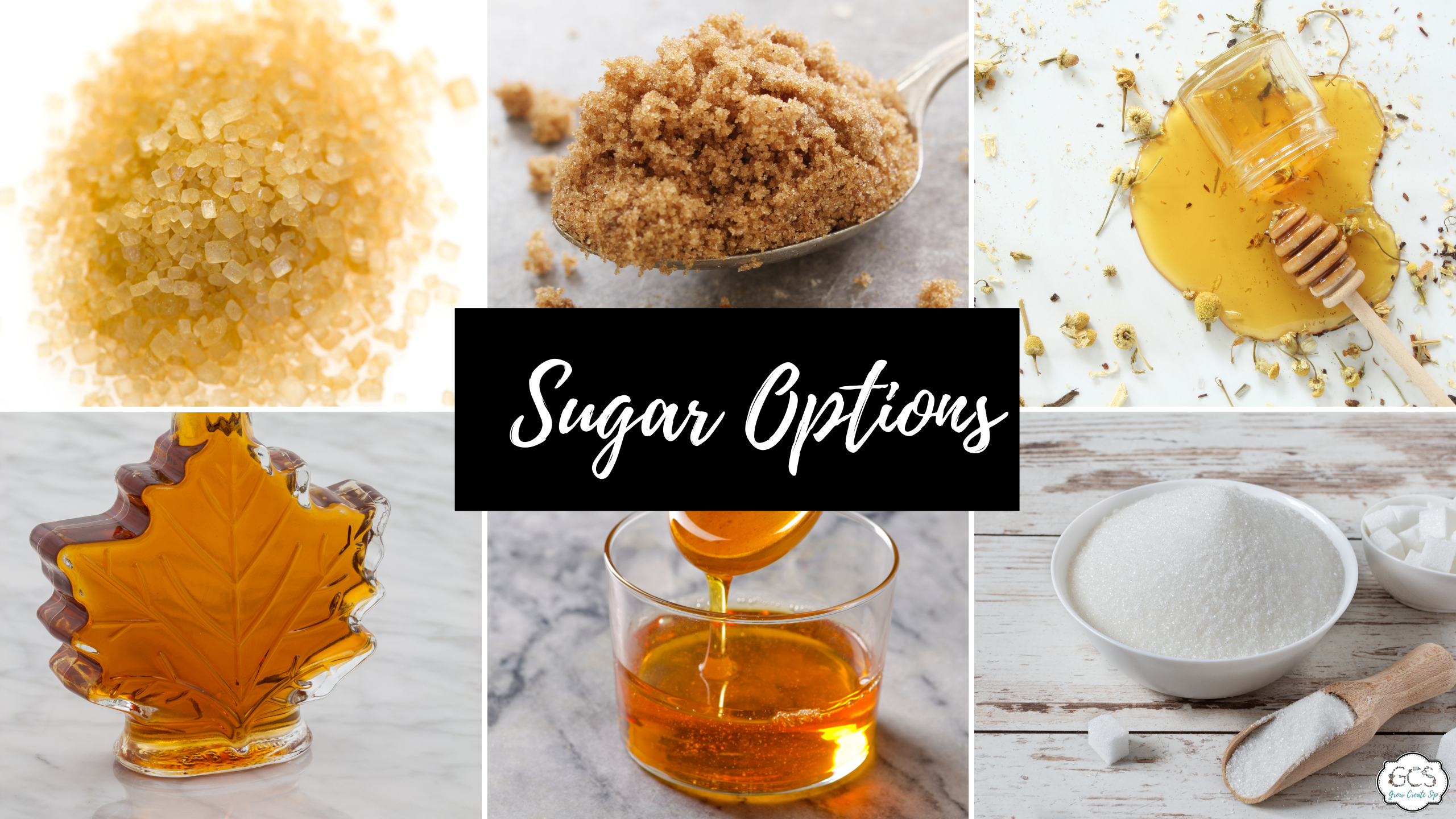
Types of Sugar for Brewing Kombucha
There is no way around it. Sugar is one of the foundational elements of kombucha. When it comes to making kombucha, no sugar is not an option, but you could use less than the recommended amounts.
You could also experiment with different types of sugar. Here is a breakdown of the different types of sugar you could use, and how each one will affect your kombucha fermentation
Organic cane sugar: This is the ideal type of sugar to make kombucha. It is unbleached with low mineral content.
White cane sugar: This pure white sugar that is free of minerals is a good choice for kombucha.
Brown sugar: The molasses content in brown sugar may harm your scoby. It also tends to create an overabundance of yeast.
Honey: Works to make kombucha but avoid raw honey because it has the potential to disturb the scoby balance. The resulting kombucha may be inconsistent. If honey is something that you are interested in you may want to look into brewing Jun, which is a relative of kombucha brewed with green tea and honey using a different but similar scoby like this one. Learn how more about brewing Jun here.
Agave or maple syrup: Syrups are not recommended for the initial fermentation process. They may be hard on the scoby and results will be inconsistent.
Sugar alternatives: Stevia, xylitol, or any other artificial sweeteners are not recommended. They do not contain the nutrients necessary for the kombucha to ferment.
If you decide to experiment with different sugars I would highly recommend having an experimental batch, as well as your backup batch of kombucha, in case something should go wrong you aren't totally out of options for brewing kombucha. It is also recommended that if you switch the food for the kombucha (AKA the sugar) that you do so by slowly mixing the two sugars together, slowly decreasing the original sugar in the recipe while increasing the new sugar over time through multiple ferments. This makes it easier for the colony of bacteria and yeast to adjust to their new diet.
Sugar and Kombucha
As much as I don't like to give sugar credit as a necessary food item we have seen here that sugar is a must when brewing kombucha. The SCOBY (symbiotic colony of bacteria and yeast) needs sugar in order to stay alive and if these little guys aren't alive then you don't have a good ferment and it may lead to mold. We have seen that other sugars with different glycemic indexes and various different nutrients may be used such as brown sugar, honey, agave, maple syrup, etc. But we do not want wat to use any artificial sweeteners. Studies have shown that the fermentation process cuts down on the amount of sugar in the kombucha and that the sugar is more food for the ferment than for you and your body.
Personally, having had a sugar allergy for a decade or more, drinking kombucha does not affect me the same way as consuming sugar in any other form. I feel like I have this little sugar meter in my throat that swells up and gives me a gave of how sugary something is! Kombucha is one of the things that I can drink but a home ferment has much less than a store ferment. If you would love to dive into saving money by making your own kombucha at home to the tune of $3-$4 a gallon vs $3-$5 a bottle at the store make sure you check out this free kombucha-making workshop to get you started brewing fast! Also, make sure to grab this starter kit so that it arrives in time for you to get brewing after you take the free workshop!
I'd love to know your kombucha status, will you share with me in the comments below whether you have ever drunk kombucha or not? Have you made your own at home? What flavors do you love to enjoy when drinking kombucha? What has been your biggest setback with either not giving kombucha a try or not brewing it yourself? I'll catch you in the comments below!
Blog Posts that you may Enjoy
- Health Benefits of Kombucha
- Step-by-Step Kombucha Brewing Recipe
- Continuous Brew Kombucha
- Herbal Kombucha, can it be done?
- Natural Electrolyte Drinks
- How to Brew Jun (Green tea & honey Kombucha)










